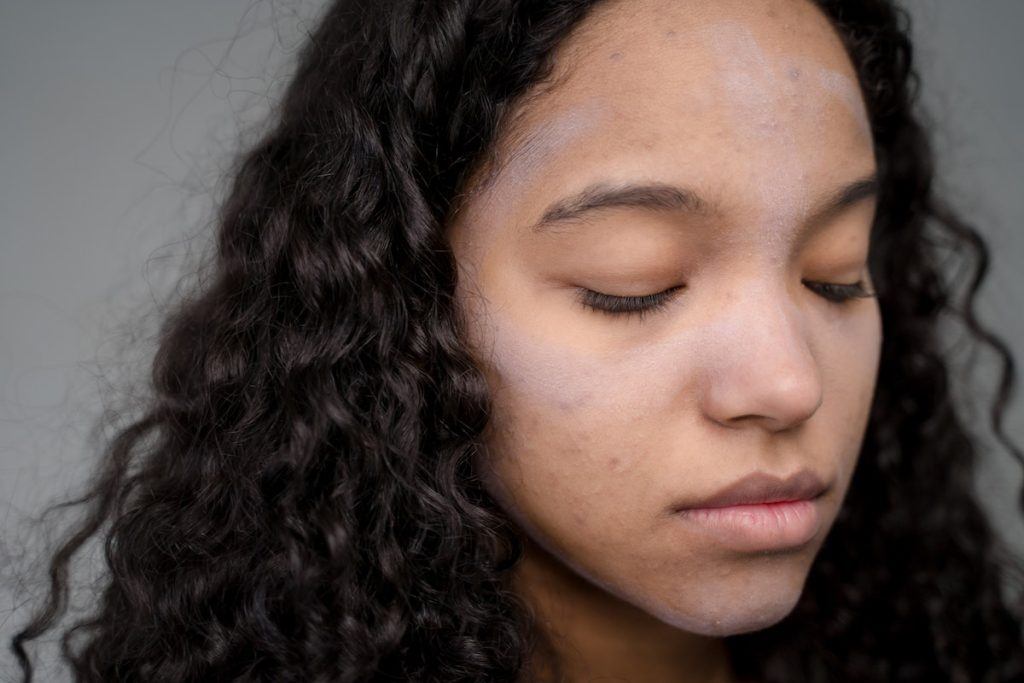- Skin problems are rising in the U.K., especially among children, due to genetics, environmental factors, lifestyle habits, and extreme heat.
- Common skin conditions in the U.K. include acne, eczema, sunburn, and psoriasis.
- Steps to address the issue include face lifts, skin care products, and sunscreen.
- People can work together to reduce the impact of skin problems by improving their understanding of lifestyle choices and treating their skin problems over time.
For many people, skin problems are a common occurrence. Whether it’s acne, eczema, psoriasis, or sunburn. However, there is an increasing trend in the U.K., especially among children and it has been causing concern in the medical profession for some time now – the rate of skin diseases is on the rise. Here’s a look at what’s behind this growing problem and some of how it can be addressed.
Common Skin Problems in the U.K.
Some skin problems are on a faster rise in the U.K. than others. Here are some of the most common skin problems seen in the U.K.:
- Acne: This is the most common skin condition in the U.K., affecting up to 80 percent of adolescents and around 5 percent of adults. Acne can cause inflammation, redness, and scarring if untreated.
- Eczema: Eczema is a chronic inflammatory skin condition affecting around 10-20 percent of children in the U.K. and 1-3 percent of adults. It can cause redness, itching, and skin flaking or crusting if untreated.
- Sunburn: Sunburn is a common problem in the U.K., with around 20-30 percent of people affected by painful sunburn at least once yearly. Sunburn can cause redness, swelling, and blistering if not appropriately treated.
- Psoriasis: Psoriasis is a chronic skin disorder affecting 2-3 percent of the U.K. population, causing redness and dry patches or scales on the skin.
What’s Behind The Rise?
The exact cause of this increase is unknown, but there are some theories as to why more people are suffering from skin conditions than ever before. Here are some of them:

Genetics
One of the most likely causes is genetics. Many skin conditions, such as acne, eczema, and psoriasis, have a hereditary component. If someone in your family has the condition, you are at greater risk of developing it yourself.
Environmental Factors
Increasing pollution levels can also play a role in causing skin problems. This can be due to air, water, or soil pollutants. Many people are also exposed to more toxic chemicals than ever before, which can hurt the skin.
Lifestyle Habits
Certain lifestyle habits can also contribute to the increase in skin conditions. Not getting enough sleep, poor nutrition, and excessive exposure to the sun all take their toll on people’s bodies, including the skin.
Sunlight
Recently, the U.K. experienced an extreme heat wave, which can be a significant factor in skin problems. It increases the risk of sunburn and exposure to UV radiation, which can lead to skin conditions such as melanoma.
Hormones
Hormonal imbalances are another possible cause of the increasing number of skin problems. This could be due to changes in diet, taking certain medications, or simply the natural aging process.
How Can These Issues be Addressed?
Fortunately, there are steps that can be taken to help those affected by rising levels of skin conditions in the U.K. Here are some of them:

Face Lifts
A face lift is one of the most common treatments for skin problems such as wrinkles and other signs of aging. This procedure can help improve the appearance of the skin, reduce lines and wrinkles, and even remove age spots. If you don’t like the idea of an invasive face lift, consider getting a non-surgical face lift instead. This kind of face lift utilizes injectables and other products to reduce the appearance of wrinkles and lines temporarily.
Skin Care Products
There are also a variety of skin care products available that can help improve the appearance of the skin. Moisturizers, cleansers, exfoliants, and other products formulated specifically for your type of skin can be beneficial in helping to address some issues associated with skin conditions.
Sunscreen
Finally, wearing sunscreen when going out in the sun is essential. Sun exposure can cause long-term damage to the skin, so it’s essential to protect yourself from UV rays whenever possible. Look for a UVA and UVB sunscreen to ensure maximum protection.
Numerous factors could explain why rates of skin diseases appear to be on the rise in the UK today; however, what’s equally clear is that there are steps that people can take collectively to address this issue head-on – by improving your understanding of lifestyle choices, promoting awareness among businesses about environmental standards for factories and other sources of emissions plus providing education about healthy eating habits people can all work together towards reducing the impact of this growing problem on the nation’s population health today!





